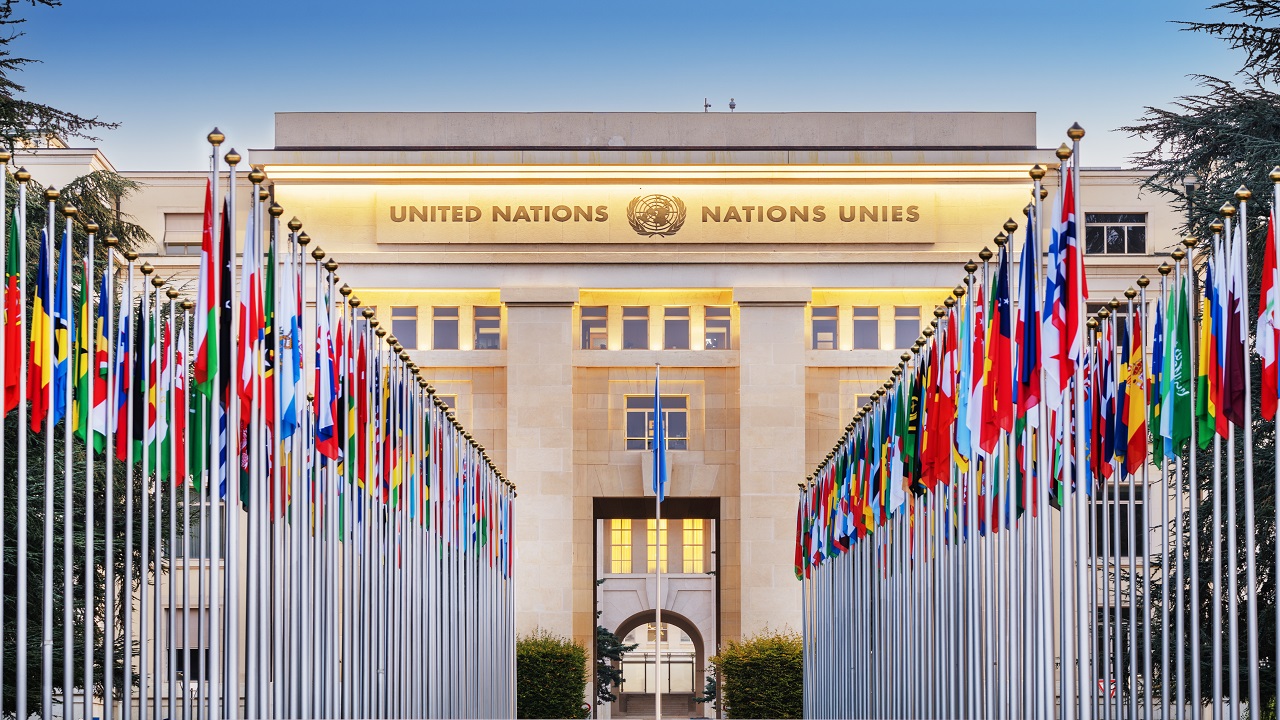UN Peacekeeping: A Legacy of Hope and Missed Opportunities
Context
- The United Nations (UN) was established in 1945 to maintain global peace and security.
- While it has played a key role in peacekeeping and conflict resolution, its effectiveness has been questioned due to political constraints and operational failures.
- The United Nations Security Council (UNSC) often fails to act decisively due to the veto power of the Permanent Five (P5) members.
Legal Framework for Conflict Resolution
The UN Charter provides three key mechanisms:
- Chapter VI – Peaceful Settlement of Disputes: Encourages negotiation and mediation.
- Chapter VII – Use of Force: Authorizes military action if peace is breached.
- Chapter VIII – Regional Peace Enforcement: Supports regional organizations in peacekeeping efforts.
Success Stories
The UN has successfully stabilized many conflict zones:
- Cambodia, Mozambique, Sierra Leone, Timor-Leste, and Liberia – Helped in post-war reconstruction and democratic transitions.
- Kosovo – Small but effective peacekeeping mission prevented humanitarian disasters.
Major Failures
Despite its mandate, the UN has often failed to prevent atrocities:
- Rwanda Genocide (1994): 1 million killed; UN peacekeepers were powerless.
- Bosnia (1995): 8,000 Bosniaks massacred in a UN-declared “safe zone”.
- Ukraine War (2022–present): No UN peacekeeping forces deployed due to Russia’s veto.
- Israel-Gaza Conflict: UN’s inaction despite an escalating humanitarian crisis.
Challenges in the UNSC
-
Veto Power Problem:
- Russia, U.S., China, U.K., and France can block UN action.
- Example: Russia vetoed action on Ukraine, U.S. vetoed resolutions on Israel.
-
Lack of Global Representation:
- India and South Africa contribute heavily to UN peacekeeping but lack permanent UNSC seats.
Needed Reforms
- Expand UNSC membership to include India and South Africa.
- Limit veto power in humanitarian crises.
- Deploy peacekeeping forces proactively, not after conflicts escalate.
- Increase funding for better-equipped missions.
Conclusion
The UN must reform its Security Council structure, peacekeeping mandates, and funding to remain effective. Without urgent changes, it risks becoming obsolete in modern conflict resolution.

_(24).jpg)


Comments (0)